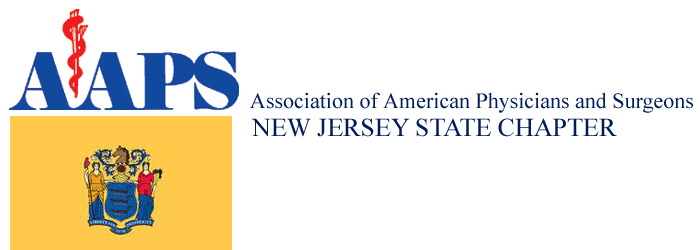Medicaid Facts and a Plan to Replace it in New Jersey
 Friday, April 8, 2011 at 11:52PM
Friday, April 8, 2011 at 11:52PM Medicaid in NJ- from Kaiser Health Facts- 2009 percentages (http://statehealthfacts.org/)
1 in 7 New Jersey residents is on Medicaid
Current Medicaid budget- $10.7 billion ($5.3 billion- eldercare; $5.4 billion- acute care)
Acute Care- Where does the money go? (certainly not to physicians)
- Hospitals- 17% = $900 million
- Prescriptions 9% = $500 million
- Physicians, labs, x-rays 1.8% = $90 million
- Outpatient services 15% = (FQHC, outpatient hospitals) $800 million
- Other services- abortion, sterilization, transportation, PT, OT, speech therapies, dentures, eyeglasses, rehab. etc -13.5% = $700 million
- Payments to Medicare- 5% = $300 million
- Medicaid Managed Care = 38% $2 billion
Combine physicians, outpatient services and Medicaid managed care = 53% or $2.8 billion
NJ Medicaid employs 491 people = to register patients and oversee the program. 49 are employed to weed out fraud and abuse -- total - $50 million.
If an average of 20% can be considered administrative in managed care and FQHCs, a total of $500 million goes to bureaucrats who benefit from the program but never touch a patient. Accountability as to how the money is spent is difficult to assess. Patients have a hard time finding physicians in Medicaid.
NJ Medical malpractice:
- $200 million in claims paid out by medical malpractice companies last year, arguably $80 million were defensible.
- $100 million set aside by the state to cover the attendings, residents and students at UMDNJ.
If every physician were to donate 4 hours per week in or affiliated with non-government free clinics (NGFCs) dotted throughout the state and thus took care of the poor in NJ, and if the state extended malpractice coverage for any other professional activity of each volunteer professional in lieu of any other type of reimbursement, who would benefit?
- Patients would know where they could go if they became ill and had no funds. Referrals could be made to each type of specialist from physicians in the NGFCs.
- Physicians would save by not having to pay medical malpractice premiums or pay the administrative costs of billing for Medicaid patients
- Taxpayers would see a huge savings, at least $2 billion, probably more.
- Health Insurance rates would go down, as currently 20% of tests are done "defensively."
Hospitals would continue to provide charity care as they do for patients who have not enrolled in Medicaid. The state could continue to subsidize this free care.






Reader Comments (2)
Speaking of malpractice in NJ, I remember an article about a 34 million dollar award in a medical malpractice case. A jury awarded the amount to a Montague, N.J., woman, suffered a brain injury and became severely disabled, and her husband. Hiring experienced medical malpractice lawyers can definitely support claim of medical malpractice.
"$200 million in claims paid out by medical malpractice companies last year, arguably $80 million were defensible." - This is significantly huge amount. In order to prevent medical malpractice and lawsuits, medical team must be very careful in doing different procedures. They also need to follow their scope of responsibility. If they are going to do it, they will never go wrong.
actos bladder cancer